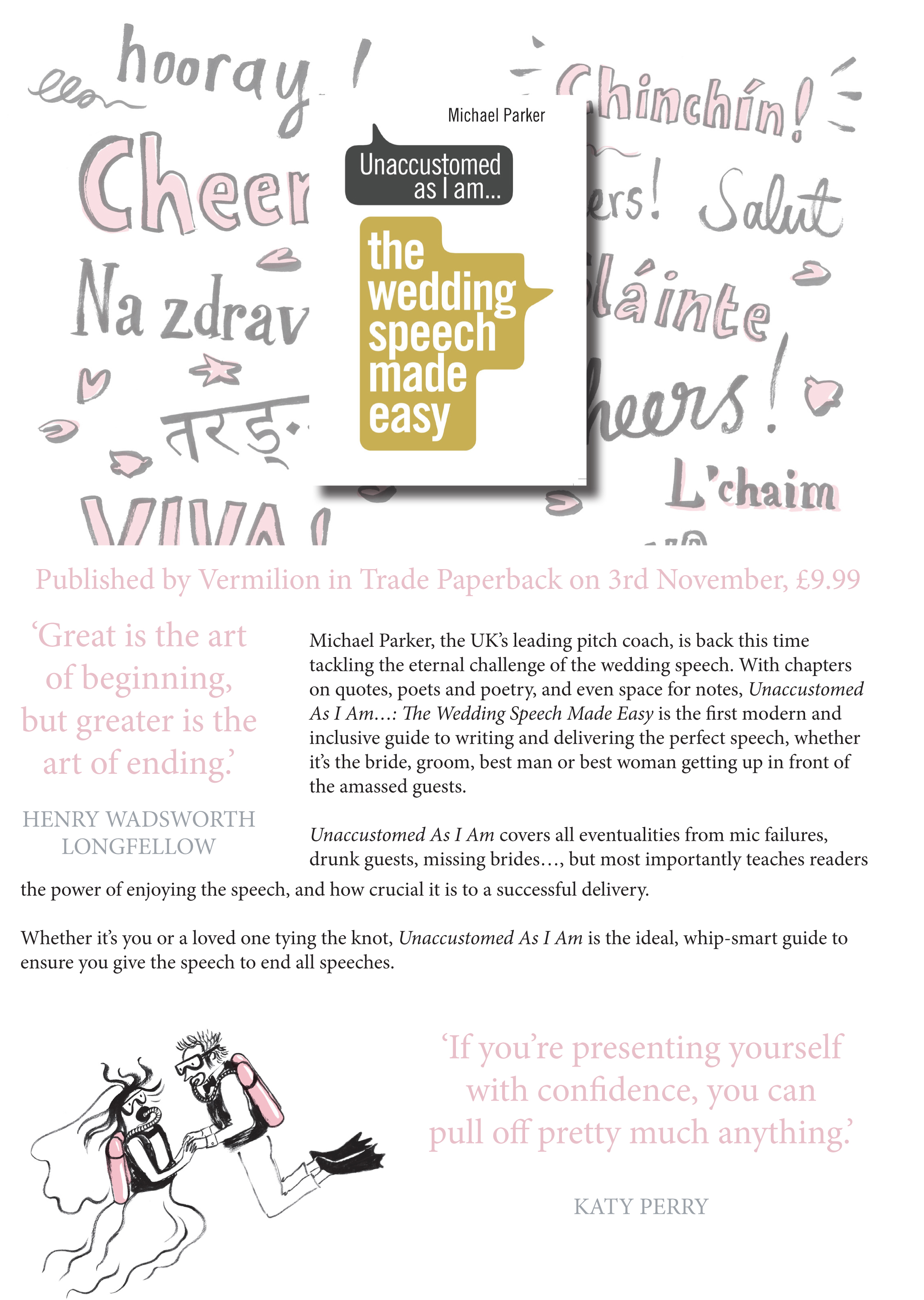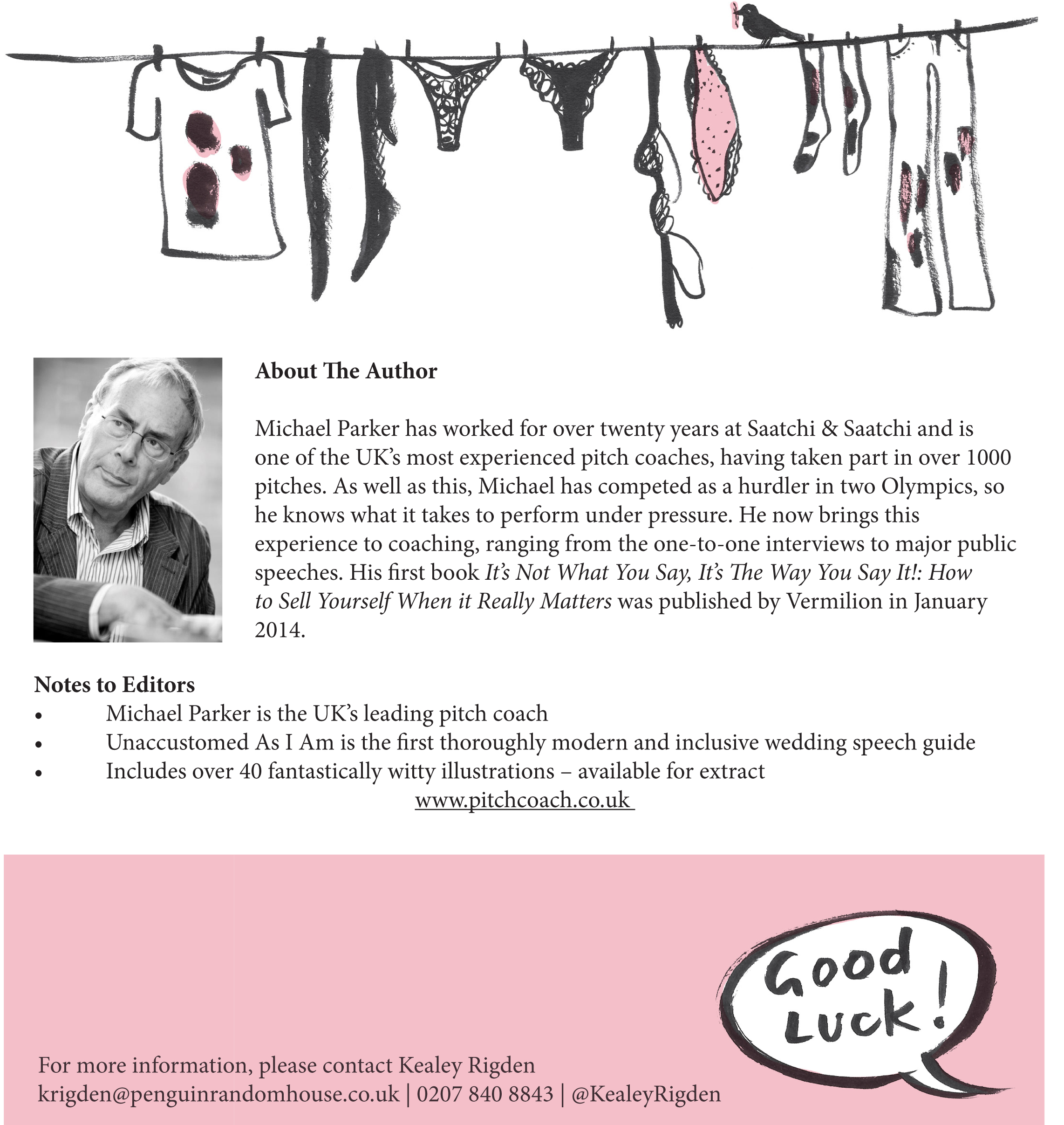if Aristotle was around today what advice would he give for making the perfect wedding speech?  He would probably suggest we master the ‘five canons of rhetoric.’ As expressed by Quintilian:
He would probably suggest we master the ‘five canons of rhetoric.’ As expressed by Quintilian:
“The whole art of oratory, as the most and greatest writers have taught, consists of five parts; invention, arrangement, style, memory and delivery.”
invention ( inventio) is the vital stage of exploring all possible avenues and sources for what you might say, anecdotes, stories, interesting facts and milestones – anything that may be of interest. It can help to create a mind-map. The goal is to find an idea, a narrative thread, for your speech.
Arrangement (dispositio) covers the organising of your content to make the best impact. In Greek, the word is taxis – to arrange your troops for battle!  While not fighting your guests, it helps you to deliver it, and them to follow it, if you have a framework.. One is known as ‘the rule of three.’ It reflects Aristotle’s three act plot structure. For example you could introduce your narrative thread as ‘milestones on a romantic journey’ and arrange your stories – the heart of any speech- around ‘early days’, ‘significant stops’ and ‘arrival’.
While not fighting your guests, it helps you to deliver it, and them to follow it, if you have a framework.. One is known as ‘the rule of three.’ It reflects Aristotle’s three act plot structure. For example you could introduce your narrative thread as ‘milestones on a romantic journey’ and arrange your stories – the heart of any speech- around ‘early days’, ‘significant stops’ and ‘arrival’.
Style (elocutio) This is is all about making the guests want to listen to you! 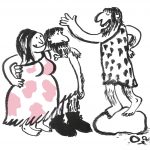 Seems obvious, but the point being made is that it is all about how you do it – the way you come across. The common error is to focus only on content, slaving over the writing and correcting until the last minute. Thus leaving little or no time to work, by rehearsing, on the impression you make with expression and body language. Essential to making the emotional connection you want.
Seems obvious, but the point being made is that it is all about how you do it – the way you come across. The common error is to focus only on content, slaving over the writing and correcting until the last minute. Thus leaving little or no time to work, by rehearsing, on the impression you make with expression and body language. Essential to making the emotional connection you want.
Memory (memoria) For the ancient orators notepaper was rare! They had to memorise their speeches and learn to deliver them spontaneously, something you will want to do. Something you can’t do reading from a script. The best ‘spontaneous’ solution is to prepare notes to refer to, only if really needed. You’ll have a good grasp of your content so the notes need only contain key headings and ‘signpost’ words.
Delivery (actio)  When asked what was the most important component in oratory Demosthenes replied ‘DELIVERY‘. Asked what wa second, he responded, ‘DELIVERY’ and, third, ‘DELIVERY‘.
When asked what was the most important component in oratory Demosthenes replied ‘DELIVERY‘. Asked what wa second, he responded, ‘DELIVERY’ and, third, ‘DELIVERY‘.
You can’t escape rehearsal if you want to deliver. Keep in mind these final wise words:
‘I would not hesitate to assert that a mediocre speech supported by all the power of delivery will be more impressive than the best speech unaccompanied by such power.’ Quintilian, Institutes of Oratory
My book Unaccustomed As I Am… The Wedding Speech Made Easy is published November 3rd. you can pre-order on Amazon
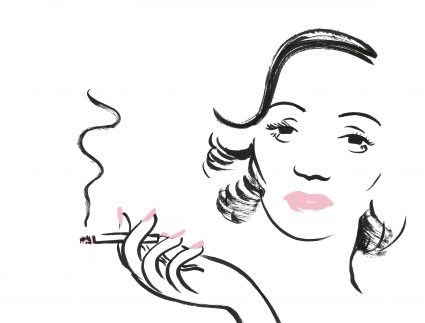


 6. Don’t hesitate to tell personal stories
6. Don’t hesitate to tell personal stories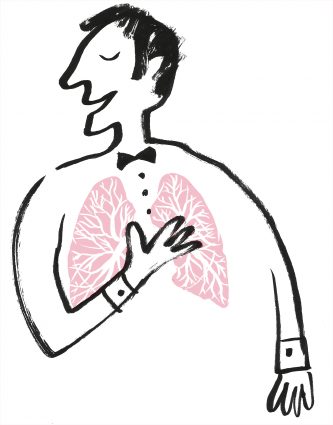 11.Don’t speak if you can’t be heard
11.Don’t speak if you can’t be heard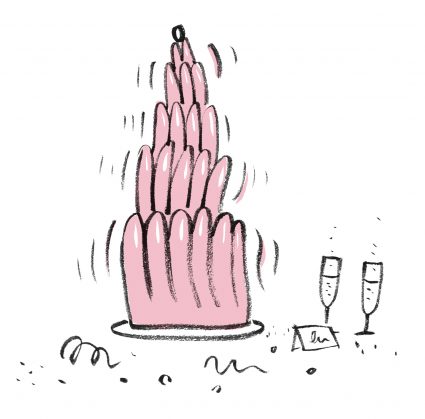 16. Don’t assume everyone knows you
16. Don’t assume everyone knows you He would probably suggest we master the ‘five canons of rhetoric.’ As expressed by Quintilian:
He would probably suggest we master the ‘five canons of rhetoric.’ As expressed by Quintilian: While not fighting your guests, it helps you to deliver it, and them to follow it, if you have a framework.. One is known as ‘the rule of three.’ It reflects Aristotle’s three act plot structure. For example you could introduce your narrative thread as ‘milestones on a romantic journey’ and arrange your stories – the heart of any speech- around ‘early days’, ‘significant stops’ and ‘arrival’.
While not fighting your guests, it helps you to deliver it, and them to follow it, if you have a framework.. One is known as ‘the rule of three.’ It reflects Aristotle’s three act plot structure. For example you could introduce your narrative thread as ‘milestones on a romantic journey’ and arrange your stories – the heart of any speech- around ‘early days’, ‘significant stops’ and ‘arrival’.